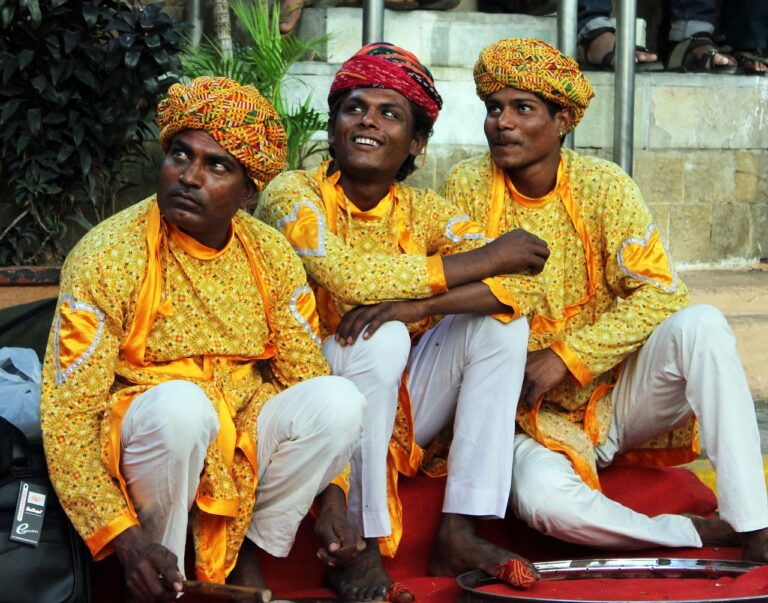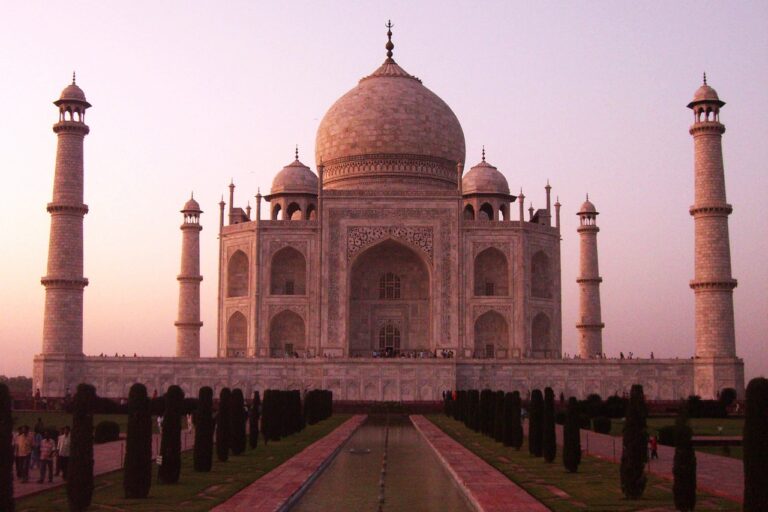Analyzing the Impact of Political Scandals on Election Results
The media plays a crucial role in shaping public perception by selecting the information that is presented to the audience. Through the process of agenda-setting, the media decides which issues are important and deserving of coverage, thus influencing what the public focuses on and discusses. By highlighting certain stories and topics over others, the media has the power to sway public opinion and steer the narrative in a particular direction.
Moreover, the tone and framing of media coverage can greatly impact how an issue is perceived by the public. Media outlets have the ability to portray events in a positive or negative light, shaping how individuals interpret and respond to the news. Through their choice of language, imagery, and emphasis on specific aspects of a story, the media can influence public attitudes and beliefs, ultimately playing a significant role in shaping societal views and opinions.
The Influence of Public Opinion on Election Outcomes
Public opinion plays a fundamental role in determining the outcomes of elections in democratic societies. The views and sentiments of the general public towards political candidates and their policies can significantly sway the results of an election. It is crucial for politicians to understand the prevailing attitudes and beliefs of the electorate in order to tailor their campaigns effectively and garner support.
In modern times, the proliferation of social media and digital platforms has given rise to a more complex landscape of public opinion. The real-time nature of communication allows for rapid dissemination of information and the swift amplification of certain viewpoints. As a result, political candidates must navigate through a constantly evolving digital sphere in order to engage with voters and shape their perceptions effectively.
• Public opinion shapes election outcomes by influencing voter decisions
• Politicians must understand and respond to public sentiment in order to be successful
• Social media has transformed the way public opinion is formed and shared
• Candidates must adapt their strategies to effectively engage with voters on digital platforms
The Historical Precedents of Political Scandals and Their Effect on Elections
Political scandals have long been a prominent feature of electoral campaigns throughout history. From Watergate to the Lewinsky affair, scandals have the power to capture public attention and significantly impact election outcomes. These controversies often lead to a erosion of trust in political figures and institutions, influencing voters’ decisions at the polls. The repercussions of a scandal can reverberate long after the initial revelations, shaping the narrative of a candidate’s campaign and potentially swaying public opinion.
In many cases, the handling of a political scandal can be just as crucial as the scandal itself in determining its impact on election results. Candidates’ responses to allegations of wrongdoing, their ability to effectively address public concerns, and the transparency of their actions all play a role in shaping public perception. The way in which a scandal is managed can either mitigate its consequences or further exacerbate the damage, ultimately influencing voters’ perceptions and decisions on Election Day.
How does media coverage impact public perception of political scandals?
Media coverage plays a crucial role in shaping public perception of political scandals by highlighting the details and implications of the scandal to the masses.
Can public opinion on political scandals influence election outcomes?
Yes, public opinion on political scandals can significantly impact election outcomes as voters often consider these scandals when casting their votes for candidates.
Are there any historical examples of political scandals affecting election results?
Yes, there are numerous historical examples of political scandals influencing election results, such as the Watergate scandal leading to Richard Nixon’s resignation and the Monica Lewinsky scandal impacting Bill Clinton’s presidency.
How do political scandals from the past compare to those of today in terms of their effect on elections?
While the nature of political scandals may have evolved with advancements in technology and media, the fundamental impact on elections remains similar, with scandals often swaying public opinion and influencing election outcomes.







